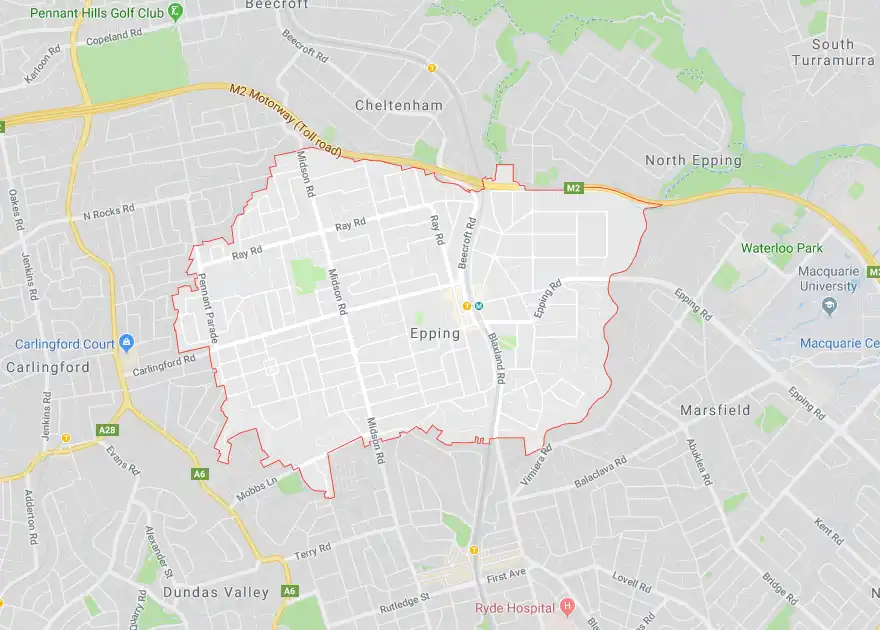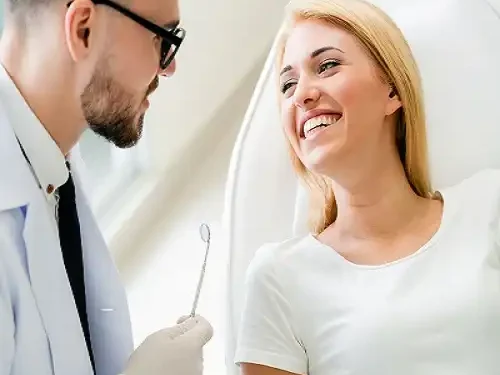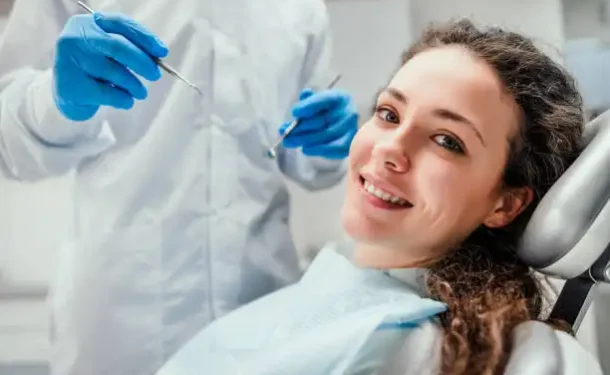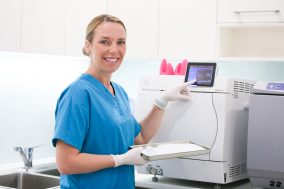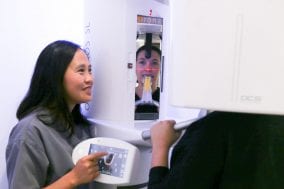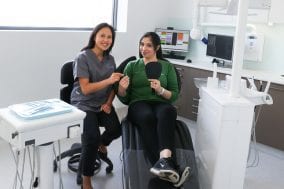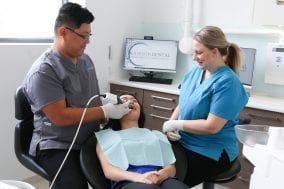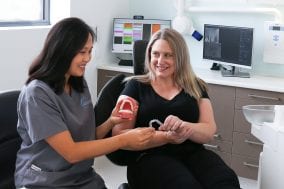Early childhood dental caries refers to the decay in the teeth of children who are younger than three years old. It might sound impossible that children of that age (including babies) might suffer from decay – after all their teeth are only baby teeth and the teeth are so new and children that age have hardly had any chance to use their teeth very much.
Unfortunately, however, your Dentist Epping knows it is possible for baby teeth to erupt looking discoloured and start chipping away and decaying soon afterwards — and it does happen. Their parents must wonder what on earth is going on.
Unless those parents first consult a dentist, they are likely to be told by other people and health professionals (and the internet) that this is the result of maternal illness during the pregnancy, or fluorosis, or vitamin deficiency or a developmental defect.
As your Dentist Epping can confirm, it is most likely to be early childhood dental caries.
But, how on earth does that happen to such young teeth? The baby or toddler has been allowed to continually suck on a bottle of sugary liquids throughout the day or in bed. The liquids can include milk, which contains milk sugars, or juices. Breast-fed babies can be similarly affected if they are allowed to nurse continually in bed at night after their teeth have erupted.
Some babies appear to need to suck for extensive periods for comfort in addition to actual nursing, however, it is far better to give them a bottle of plain water — which contains no sugar — to satisfy that need. Or allow them to suck on other objects.
Some babies appear to need to suck in order to settle for the night or a daytime sleep. Other settling techniques can be learned for that situation. Your favourite dentist can either advise you about them or suggest an expert in that sort of behaviour who can help.
If the child has early childhood dental caries, stopping that sort of feeding behaviours plus continuing with oral hygiene may be sufficient to interrupt the dental caries. Otherwise, further dental work may be necessary.
We at your Dentist Epping certainly hope you do not have to deal with this problem, but if you do, please come to us straight away, so a correct diagnosis can be made first up and the truoy appropriate treatment can begin for your child’s health.
To find out more, please click the link for an appointment for a consultation:

